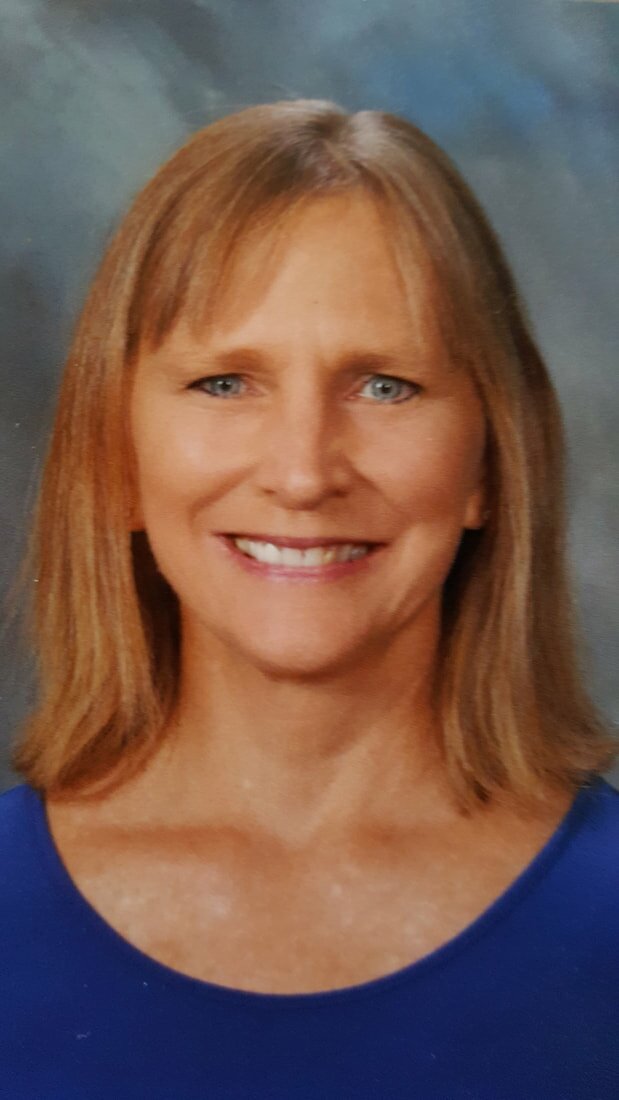|
How often do you contemplate basic aspects of education? Do you question established practices and procedures, or do you simply comply? Have you ever thought about how you learn or your beliefs about learning? As a member of an online group called Change School, I was challenged to think and write about my beliefs, as well as how my school community would define learning. Here was my response.

I currently define learning as taking in new information that I care about because it is relevant to me at a given time, as well as developing critical thinking skills and dispositions that I deem necessary for my current and/or future situations. To deconstruct this statement, I first draw attention to the fact that my specific learning desires reside solely in me because they are based on my needs and wants. Secondly, this learning changes over time and depends on many personal factors, which by definition are unique to me. For example, recently our area received several inches of snow so I wanted to know more about snowshoeing (minimum and ideal amounts of snow for snowshoeing, best places to go, how to dress for weather, exertion put forth, etc.). I had an immediate desire that fueled my motivation to learn. Last summer I traveled to Kenya so I was compelled to learn as much as I could about the people, climate, languages, education and political systems. In addition to the content learned in both situations, skills were learned and developed. In snowshoeing, techniques such as ascending, descending, and traversing hills were learned and practiced. The Kenyan trip inspired me to learn how to communicate (albeit minimally) in Kiswahili, navigate websites to book a flight and apply for a Visa, and embrace unfamiliar cultural rituals.

When I reflect upon the question, “how is learning defined in your school community?” I struggle to come up with an answer. I am not sure the question has been asked. It seems that rather than focusing on the core beliefs around learning, we, myself included, have focused on defining what learning looks like from an observable perspective. We, myself not included, tend to focus on those observations that can be easily measured so that we can assure progress and accountability. This may be a case where we have focused on end-goals without questioning why one would want to meet the goal, which circles back to goals being personal. Returning to my examples above, I wanted to learn about, and be able to, snowshoe because my environment provided opportunity and cultivated my interest. The trip to Kenya motivated me to learn, first as preparation and then as acclimation to a new environment. While others might be interested in snowshoeing or the Kenya trip, it is improbable anyone would replicate my exact learning choices, resources, or outcomes. In addition, even I would be unable to provide a measurement of what I learned. My learning is organic, nonlinear, and ongoing.
When I reflected on how I learn, I realized how irrelevant school can be for students. How often are students given the opportunity to pursue interests? How often is the learning organic, sprouting from seeds of interest, rather than top-down, externally determined content? Must all learning be measured, or even measurable? What are your thoughts?
Link to Change School (Modern Learners) site: https://modernlearners.com/
8 Comments
Amy R
1/19/2019 09:25:13 am
Carolyn, Reply
Deb Fordice
1/19/2019 11:58:58 am
Carolyn and all, Reply
Deb, Amy, Reply
Stacy Morley
1/22/2019 05:13:23 pm
Don't many adults reflect on their education with comments that relate to the irrelevancy of their studies? You know the comments that revolve around those algebra equations, memorization of dates and documents, etc. Honestly, I do not think my interests were ever considered until high school. At that point I could choose some of my elective courses from a limited list. I also pursued a sport. Reply
Carolyn
1/23/2019 07:23:19 am
Stacy, Reply
Mary Gitau
1/23/2019 10:14:26 pm
Thanks Carolyn for sharing your teaching reflections and so nice to read all the comments. It is great how you infuse that to your global experience in Kenya. I also like how you state that your "learning is organic, sprouting from seeds of interest, rather than top-down". As a person who was introduced to British education system in Kenya that is teacher centered and vey top-down, it took me great effort to adjust to the American system of learning. From my experience, exposure to different learning modalities most often lead you to start question how education is delivered and measured in different context. Reply
Carolyn
1/26/2019 10:00:01 am
Mary, Reply
Leave a Reply. |
|
Powered by  Create your own unique website with customizable templates.
Create your own unique website with customizable templates.
 Create your own unique website with customizable templates.
Create your own unique website with customizable templates. 


 RSS Feed
RSS Feed